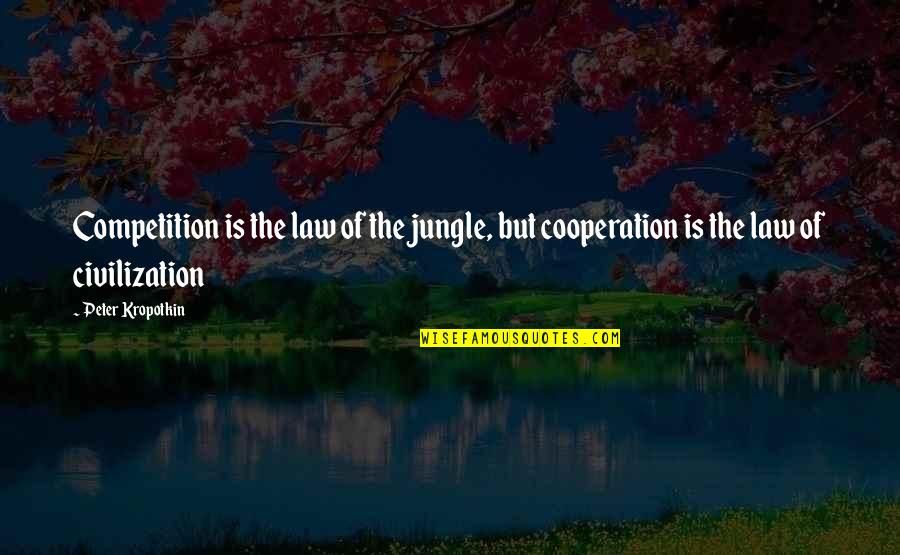

After being continually beaten down, he starts drinking, leaves his remaining family, turns to crime, and later returns to the meatpacking plants where he works for corrupt politicians and as a scab during a strike. I don't want to admit that the savages are winning, that the jungle is creeping in and recapturing the civilized world-the jungle where the only law is the law of the jungle-but on many days every week that's how it feels. For example, when Jurgis first arrives in America, he tries to make it as an honest worker at the meatpacking plant. Crooked real estate agents sell "new" homes, merchants sell medicine and food doctored up with chemicals, and politicians buy votes.Ĭapitalism forces even well-intentioned people to become unfeeling and cutthroat and to prey on others in order to survive. Under the capitalist system, cheating and dishonesty become the norm.

In order to survive, individuals must compete for these horrendous jobs, send their children to work, and prostitute themselves. Workers are exposed to brutal working conditions where they suffer exhaustion, injury, bodily harm, and death. As the creeper that girdles the tree trunk, the law runneth forward and back For the strength of the pack is the wolf, and the strength of the wolf is the pack. The Jungle portrays the many vices and injustices that result from capitalism, including horrific working conditions, child labor, political corruption, prostitution, drinking, cheating, and crime. The Law for the Wolves 'NOW this is the law of the jungle, as old and as true as the sky, And the wolf that shall keep it may prosper, but the wolf that shall break it must die.

In the novel, Upton Sinclair shows the way the capitalist system exploits the working class, gives absolute power to the wealthy few, and forces individuals to act only out of self-interest, regardless of the suffering of others. The Jungle was written to demonstrate the evils of the capitalist system in America.


 0 kommentar(er)
0 kommentar(er)
